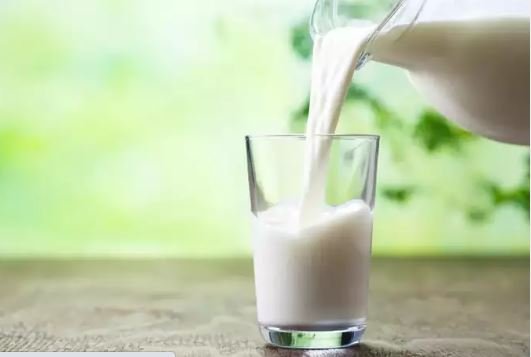Milk has been a dietary staple for centuries, and continues to be a great source of nutrition. Since childhood, we have been believing many hearsays related to food. and there are many related to milk which influence opinions about its health benefits. While some say that drinking milk at night can damage the digestive system others point out that it can cause acne.
But have you ever wondered whether all these things related to milk are true or just myths. Read to know more about such common myths and the truth behind them.
It’s time to dispel these misconceptions and set the record straight on five milk-related myths that are completely untrue.
1. Myth: Drinking milk increases weight
This myth related to milk is also wrong, because the nutrients present in milk are essential for overall health. Whether milk will increase your weight or not depends on the type and amount of milk you are consuming. Also, if milk is consumed after removing the cream, the calorie content in it gets reduced and it can also help in weight loss.
2. Myth: Boiling milk too much reduces its nutrients
Some people believe that boiling milk repeatedly reduces its nutrients. This myth related to milk is absolutely wrong, because boiling is necessary to make milk healthy. Boiling milk reduces the bacteria present in it, which makes the milk drinkable. Also, repeated boiling of milk does not cause any harm to its nutrients.
3. Myth: Milk leaches calcium from bones
The misconception that milk leaches calcium from bones is not grounded in scientific evidence. In reality, milk is an excellent source of calcium, vital for bone health. Regular consumption of dairy has been associated with stronger bones and a reduced risk of osteoporosis.
4. Myth: Drinking milk produces mucus
Some people believe that consumption of milk produces mucus. Although consuming skimmed milk in case of cough can increase phlegm, but this myth related to drinking milk is not completely correct.
5. Myth: Milk causes acne
The belief that consuming milk is linked to acne has been a persistent myth. While individual responses may vary, scientific evidence does not consistently support a direct causative relationship between milk consumption and acne. Factors such as genetics, hormones, and overall diet play more significant roles in skin health.
Source: Times of India
